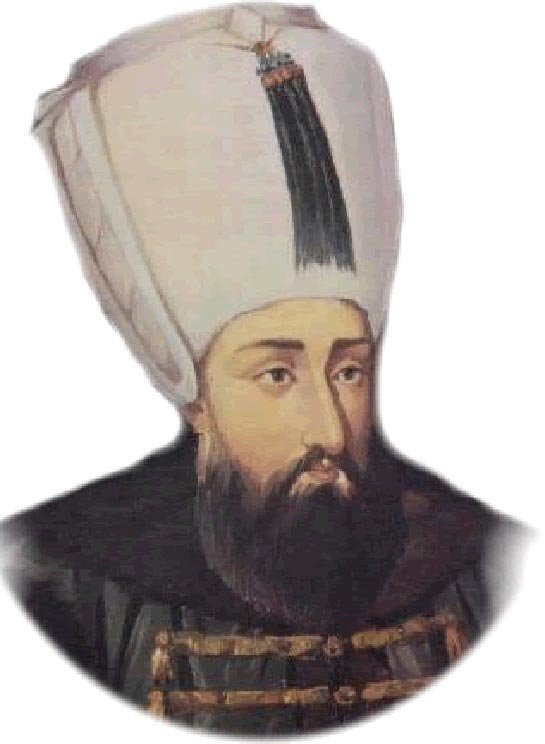Sultan Ibrahim, often referred to as “Ibrahim Padishah” ruled the Ottoman Empire during one of its most challenging periods. Born into royalty in 1615, Ibrahim was the son of Sultan Ahmed I. Despite his prestigious lineage, his life was filled with struggles that shaped his reign. He came to power after the tragic death of his brother, Sultan Murad IV, and ruled from 1640 to 1648. However, Ibrahim’s reign was marked by controversies, instability, and personal struggles. This article delves deep into the life and death of Sultan Ibrahim Sultan, a figure whose story is as intriguing as it is tragic.
Exploring the life of Sultan Ibrahim offers insights into the internal challenges of the Ottoman Empire. His rule was a complex mix of political pressures, personal dilemmas, and growing unrest within the empire. Understanding the rise and fall of Sultan Ibrahim is crucial to grasping the factors that influenced the late stages of the Ottoman Empire’s long-lasting history.
Ibrahim Padishah reigned between 1640 and 1648 as the 18th Sultan of the Ottoman Empire. The internal turmoil, economic hardships and personal problems experienced during this period shaped his complex character. His life and reign contain important lessons in Ottoman history.
Ibrahim Padishah reigned as the 18th Sultan of the Ottoman Empire between 1640-1648. He became one of the important figures in Ottoman history with the events that took place during his reign and his personality. In this article, information about Ibrahim Padishah’s life, reign, character, period and death will be examined in depth.
The Birth and Youth of Ibrahim Padishah
İbrahim Padishah was born in Istanbul on November 5, 1615. His father was Sultan Ahmed I and his mother was Kösem Sultan. İbrahim, who had the potential to ascend to the throne at a young age, was raised with great importance given to his education. However, the traumas he experienced at a young age and the political intrigues of his family caused his psychological state to be negatively affected.
The Sultanate Period
Ibrahim Padishah ascended to the throne in 1640. His reign was a period filled with many difficulties and crises. During this period, the Ottoman Empire faced internal turmoil and external threats. Important events during Ibrahim’s rule include:
- Ottoman-Iranian War: After the Treaty of Qasr-i-Shirin signed in 1639, relations with Iran became tense again.
- Internal rebellions: Ibrahim’s rule was shaken by the Jelali Revolts and other local rebellions.
- Economic crisis: The period was spent trying to cope with economic difficulties.
Ibrahim Padishah frequently sought the opinions of statesmen during his administration, but he did not hesitate to show his own will. However, the instability in his administration weakened the sultan’s authority over time.
Personality of Ibrahim Sultan
Ibrahim Padishah is a complex figure in terms of his personality. Although he sometimes displayed a harsh and authoritarian attitude, he was also known to have an emotional and sensitive nature. This situation led to uncertainties and frequently changing decision-making mechanisms in his administration.
- The Sultan was generally known for his fondness for entertainment and pleasure.
- At the same time, he attracted attention with his interest in art and literature.
However, these tendencies were not sufficient to fulfill his responsibilities in state administration, and he often struggled with alcohol and other addictions.
Death and Aftermath
Ibrahim Padishah was dethroned on August 18, 1648 and then killed shortly thereafter. There are various accounts of the manner and cause of his death. According to official histories, the causes of his death include psychological disorders and the oppressive attitudes of the government. After his death, administrative changes in the Ottoman Empire accelerated and Mehmet IV ascended to the throne instead of the sultan. Ibrahim Padishah’s reign is remembered as one of the most complex periods in Ottoman history and his life contains important lessons in terms of state administration.
Conclusion
Ibrahim Padishah is a figure who left his mark on the history of the Ottoman Empire. The difficulties he experienced throughout his life and the problems he encountered during his reign show that he had a complex personality. Ibrahim Padishah, who played a role in many events that affected the political and social structure of his period, is a character that is still debated today. In this context, it should be noted that he has an important place in the study of Ottoman history.
Sultan Ibrahim Sultan’s life and eventual death symbolize the turmoil of his reign and the fragile state of the Ottoman Empire during his rule. His erratic behavior, coupled with growing dissatisfaction among the political elite, led to his dramatic downfall. Though his reign was brief and controversial, his life remains a significant chapter in the history of the empire. Sultan Ibrahim’s legacy, while not as celebrated as other sultans, serves as a reminder of the complex challenges faced by rulers in the ever-changing landscape of Ottoman politics.
In the end, Sultan Ibrahim’s tragic fate reflects the broader issues facing the empire at the time. His deposition and execution marked the end of an era, paving the way for future reforms. The life and death of Sultan Ibrahim continue to captivate historians and enthusiasts alike, shedding light on the complexities of Ottoman leadership during a critical period of its history.
